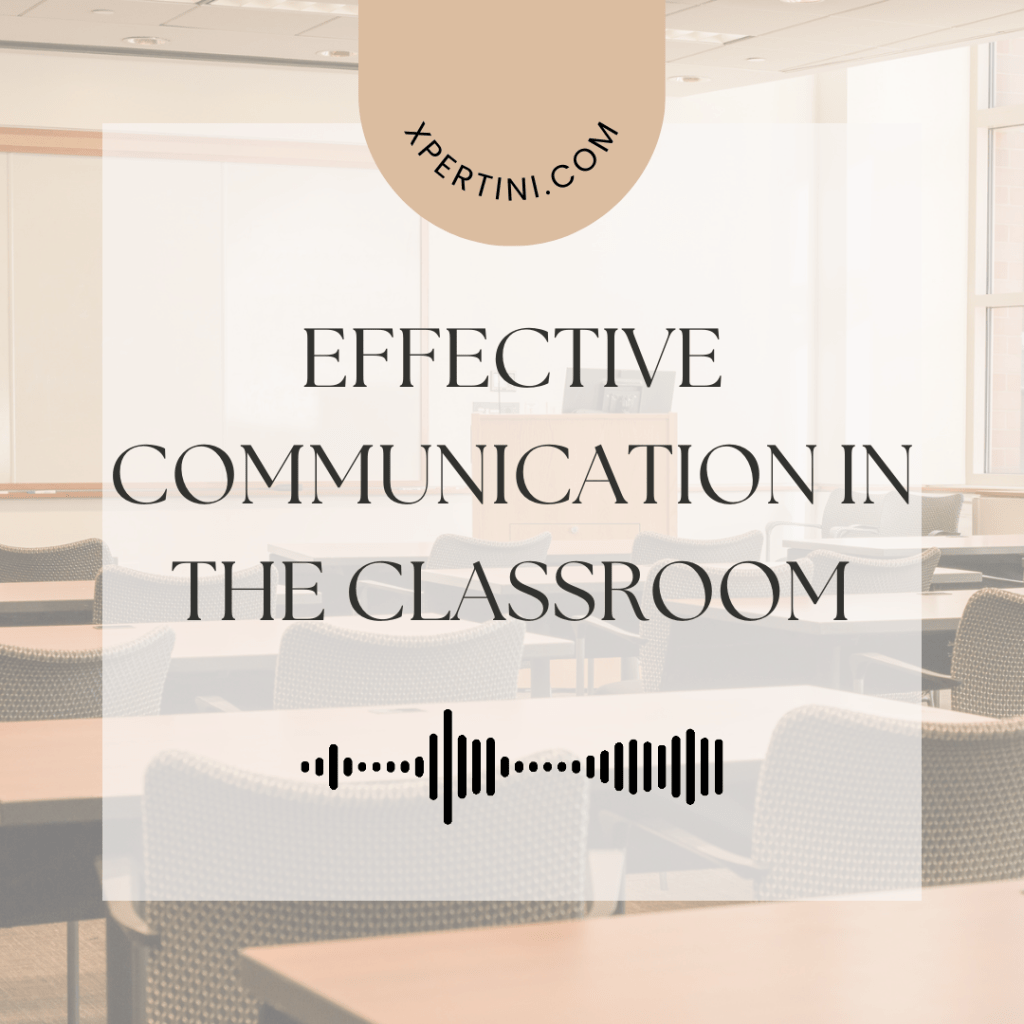Effective Communication in the Classroom
Course Summary
This in-depth course on Educational Communication delves into the changing landscape of pedagogy, providing a detailed examination of successful communication strategies within the ever-evolving field of education. Anchored in the fundamentals of instructional design, the course reveals a historical narrative, uncovering the transformative path of communication within classrooms.
The course delves into pivotal moments, exploring collaborative approaches pioneered by figures like Bell and Lancaster in the 19th century. It scrutinizes the introduction of visual aids, such as blackboards, in the 1870s, revolutionizing the communication landscape. The advent of educational radio broadcasts in the 20th century further broadens the scope, transcending physical confines.
Key figures like John Dewey and Maria Montessori are spotlighted, emphasizing experiential learning and individualized instruction. The lessons draw connections between historical insights and modern practices, underlining the enduring impact of these luminaries.
Traversing through the various chapters, learners engage with lessons on verbal and non-verbal communication, the integration of technology, fostering collaborative engagement, embracing cultural competence, addressing challenges in the educational setting, promoting inclusive communication, and refining assessment and feedback strategies. Each segment adheres to foundational principles of instruction, providing valuable and actionable insights applicable to educators across different stages of their careers.
The course addresses the pivotal role of language, the art of utilizing non-verbal cues, and the seamless integration of digital tools. It delves into strategies for building partnerships with students, parents, and colleagues, fostering open communication channels.
Exploring diverse career paths, the course emphasizes the continuous pursuit of knowledge, networking, adaptability, and the importance of a comprehensive professional portfolio for educators seeking career advancement.
In conclusion, this course serves as a guiding framework for educators aiming to enhance their communication skills. Instead of a mere historical recollection, it carefully contextualizes the past, unveiling its significant influence on modern educational communication. This course provides a structured journey, steering learners towards adept, inclusive, and transformative communication practices within the educational sphere.
Course Overview
This course is designed to equip individuals with the essential skills and knowledge required for effective communication in the classroom setting. Whether you are aspiring to pursue a career in education or seeking to enhance your existing expertise, this course provides practical insights and strategies to foster a positive and productive learning environment.
Course Objectives
- Understand the significance of effective communication in the educational context.
- Develop practical communication skills applicable in diverse classroom scenarios.
- Enhance the ability to engage and connect with students, fostering a conducive learning atmosphere.
- Implement strategies for handling challenging communication situations in the classroom.
- Explore historical perspectives shaping communication in education.
- Foster collaborative communication between educators, students, and parents.
- Utilize technology for effective communication in the modern classroom.
- Analyze the impact of non-verbal communication on the teaching and learning process.
- Create inclusive and culturally responsive communication strategies.
- Explore career opportunities in the field of education.
Course Outcomes
- Articulate clear learning objectives in teaching practices.
- Employ diverse instructional strategies to accommodate various learning styles.
- Design and implement effective assessments to gauge understanding.
- Integrate technology to enhance communication within the classroom.
- Demonstrate effective communication in diverse cultural contexts.
- Identify and address barriers to communication in the classroom.
- Create a collaborative and inclusive classroom environment.
- Analyze historical perspectives influencing current communication practices in education.
- Employ non-verbal communication techniques to enhance teaching effectiveness.
- Explore and evaluate potential career opportunities in the field of education.
Course Audience
- Aspiring educators
- Current educators seeking professional development
- Individuals interested in effective communication within educational settings

